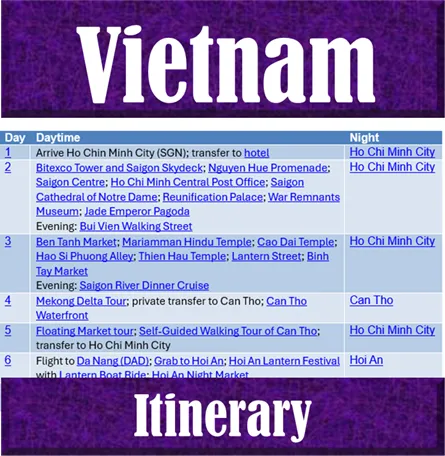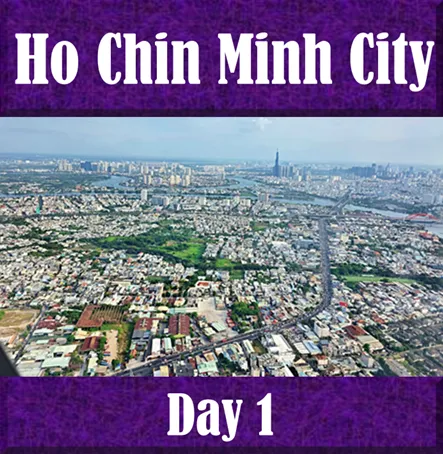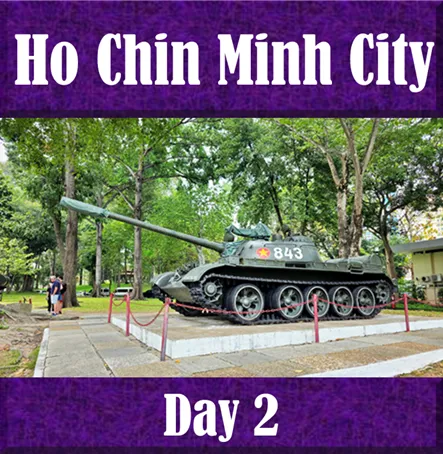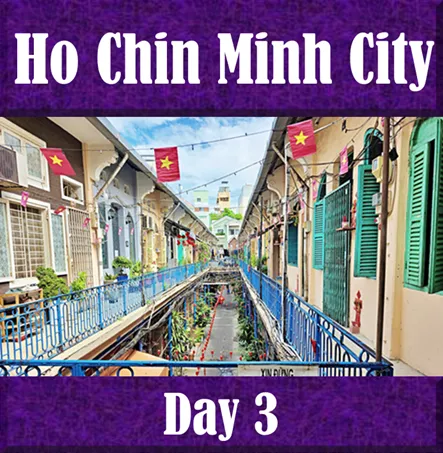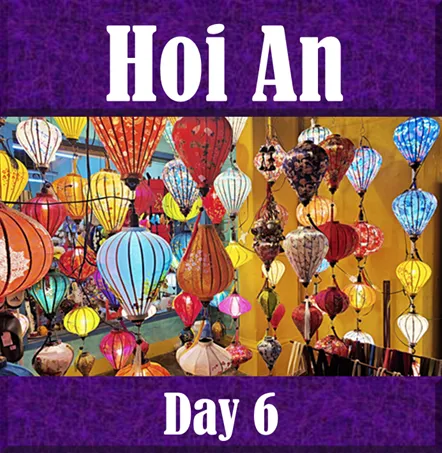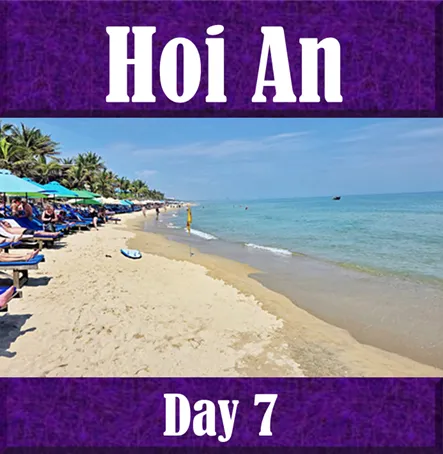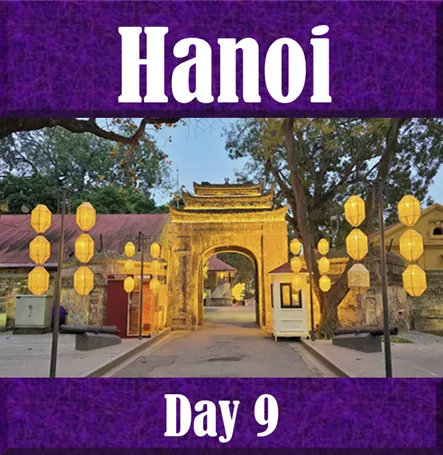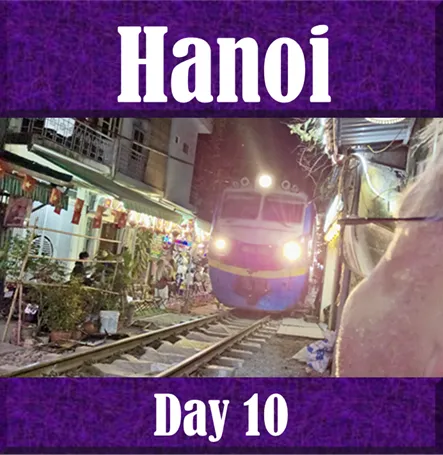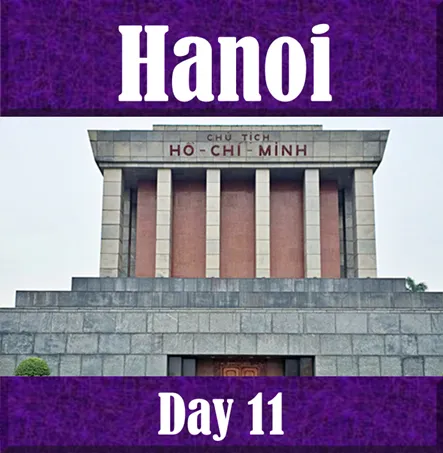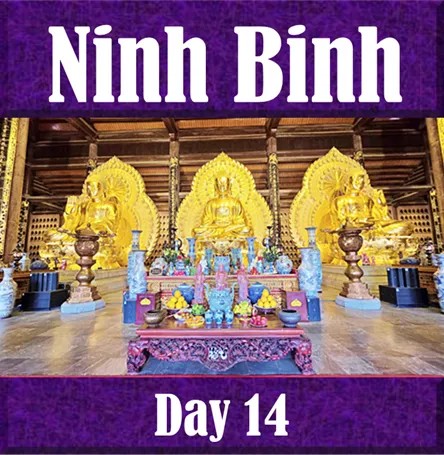Hoi An's Golden Age: The Museum of Trade Ceramics | Vietnam Purple Travel Guide
(map, reviews)
This is Premium Content! To access it, please download our
Backpack and Snorkel Purple Travel GuideTo enter, you need to have purchased the Hoi An Ancient Town Ticket.
Step through the doors of an ancient wooden house in the heart of Hội An Ancient Town, and you will enter a world where pottery, trade, and cultural exchange shaped the destiny of a small riverside port into one of Southeast Asia’s greatest trading hubs.
The Museum of Trade Ceramics offers visitors a fascinating look into Hội An’s golden age as a maritime powerhouse, where Vietnamese ceramics once reached as far as Japan, the Middle East, and East Africa.
A Rich History of Global Exchange
Located in a beautifully restored traditional wooden house dating back to the 19th century, the Museum of Trade Ceramics tells the story of Hội An’s role in the historic ceramic trade that flourished between the 15th and 18th centuries. At its height, Hội An was a key stop along the Maritime Silk Road, connecting Vietnamese potters with international buyers from China, Japan, India, Persia, and Europe.
The museum showcases how ceramics. ranging from everyday wares to fine decorative porcelain, were exported in vast quantities through Hội An’s bustling port. These objects were highly prized for their artistry, durability, and cultural symbolism, helping to place Vietnam on the map as a global trading partner.
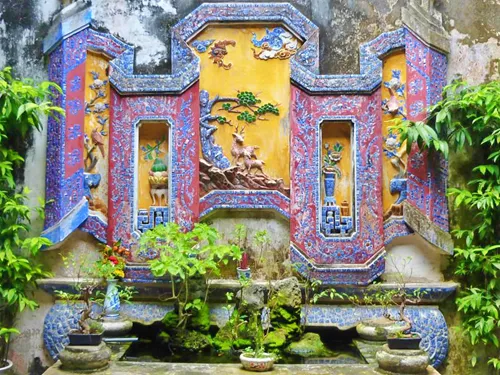
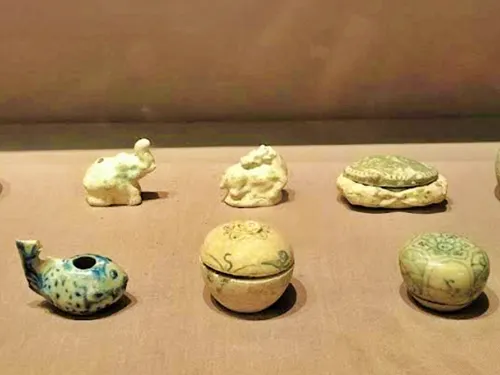
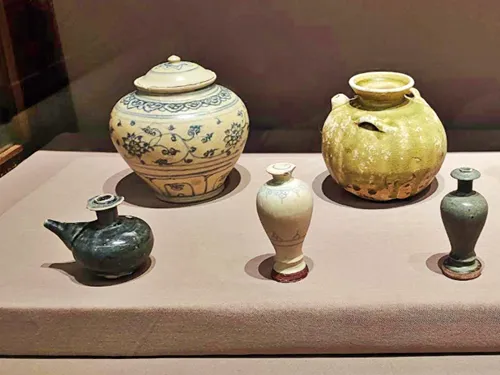
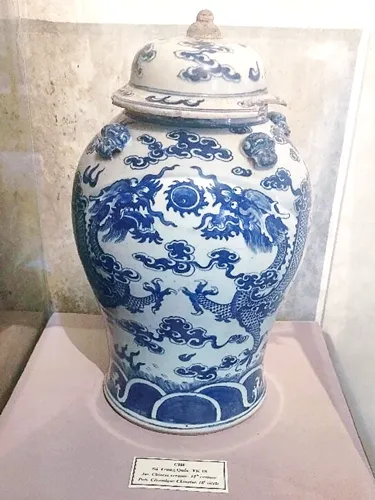
Exhibits and Highlights
Archaeological Treasures
Recovered from shipwrecks, kilns, and excavation sites in and around Hội An, the museum’s ceramics span centuries of production and global exchange.
Notable exhibits include 16th-century blue-and-white porcelain, Yamato-style Japanese ware, and Islamic-inspired motifs that reflect the multicultural nature of the trade.
Traditional Architecture
The museum is housed in an authentic wooden merchant residence, complete with courtyards, timber beams, and tiled roofs, giving visitors a sense of how trading families once lived and worked in Hội An.
The architecture itself is an exhibit, demonstrating the blending of Vietnamese, Chinese, and Japanese design common in the old town.
Cultural Connections
Displays include maps and shipping records that chart the trade routes from Hội An to the Middle East, South Asia, and Europe.
Exhibits highlight Vietnam’s trade relationships with Japan (especially during the Shuinsen era), the Dutch East India Company, and Chinese merchant guilds.
Pottery Techniques
Learn about traditional Vietnamese pottery techniques, kiln construction, and design symbolism used by artisans in nearby ceramic villages like Thanh Hà.
Interactive displays and models show how ceramics were produced, glazed, and prepared for export.
Visitor Information
Opening Hours: 8:00am – 5:00pm daily
Entry: Included in the Hoi An Ancient Town ticket
Recommended Visit Duration: 30–45 minutes
Here at Backpack and Snorkel Travel Guides, we promote self-guided walking tours.
But we realize that not everybody likes to walk by themselves in a foreign city. So, just in case that you rather go with ab guide: NO PROBLEM! Please see the Viator tours below.
paid Viator tours
Where do you want to go now?
Author: Rudy at Backpack and Snorkel
Bio: Owner of Backpack and Snorkel Travel Guides. We create in-depth guides to help you plan unforgettable vacations around the world.
Other popular Purple Travel Guides you may be interested in:
Like this Backpack and Snorkel Purple Travel Guide? Pin these for later:





